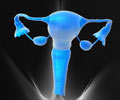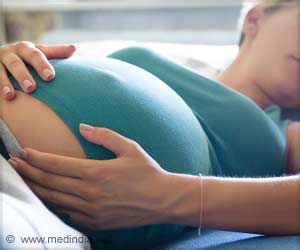A method that can predict whether a woman undergoing in vitro fertilization treatment (IVF) will become pregnant has been developed by scientists at the Stanford University School of Medicine.
According to the team, led by Mylene Yao, MD, assistant professor of obstetrics and gynecology, this information might someday help the tens of thousands of couples who want to undergo IVF each year, and their doctors, decide on their course of action.The new method involves using four factors to determine a woman's chance of becoming pregnant from an IVF cycle.
Researchers said that these variables might prove 'critical in counseling patients, improving treatment, and ultimately in developing... more customized treatments.'
They launched this study in a bid to identify the most important factors in predicting IVF outcome.
For the study, they analyzed clinical data from 665 IVF cycles performed at Stanford in 2005.
They looked at 30 variables (on patient characteristics, clinical diagnoses, treatment protocol and embryo characteristics) and examined the association of each variable with IVF outcomes, as defined by results of a pregnancy test.
Advertisement
They found some of the variables were redundant - they didn't add any new information - but others were critical to making predictions.
Advertisement
The four together were 70 percent accurate in predicting whether the current IVF cycle would result in a pregnancy.
The researchers also found that these four factors were more predictive than any single measure of the actual transferred embryo(s).
According to researchers, their findings call for a paradigm shift from strictly focusing research efforts on selecting the 'best' embryos to identifying methods that would improve the quality of the entire.
The stuyd will appear in the July 2 issue of Public Library of Science-ONE.
Source-ANI
RAS/M












